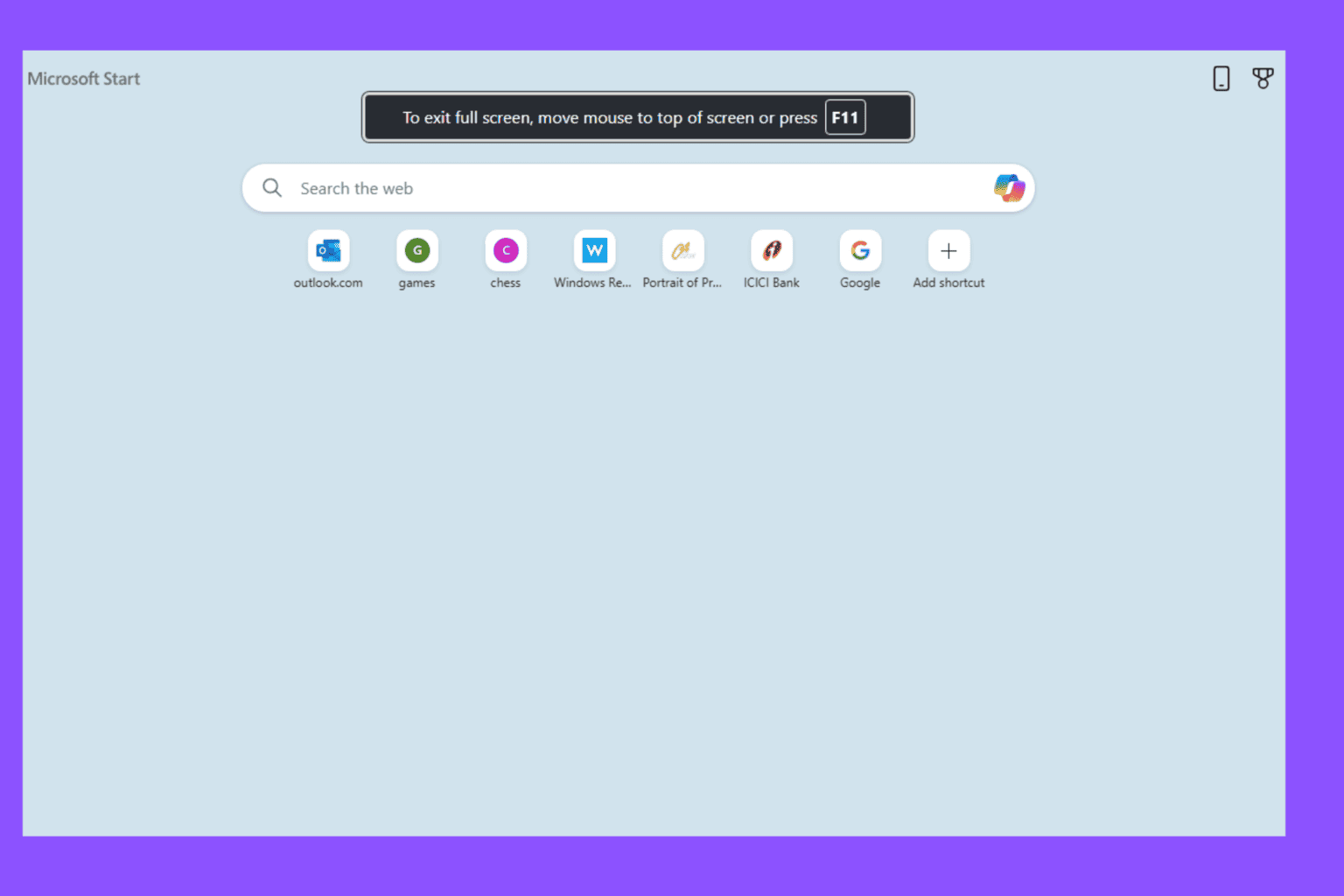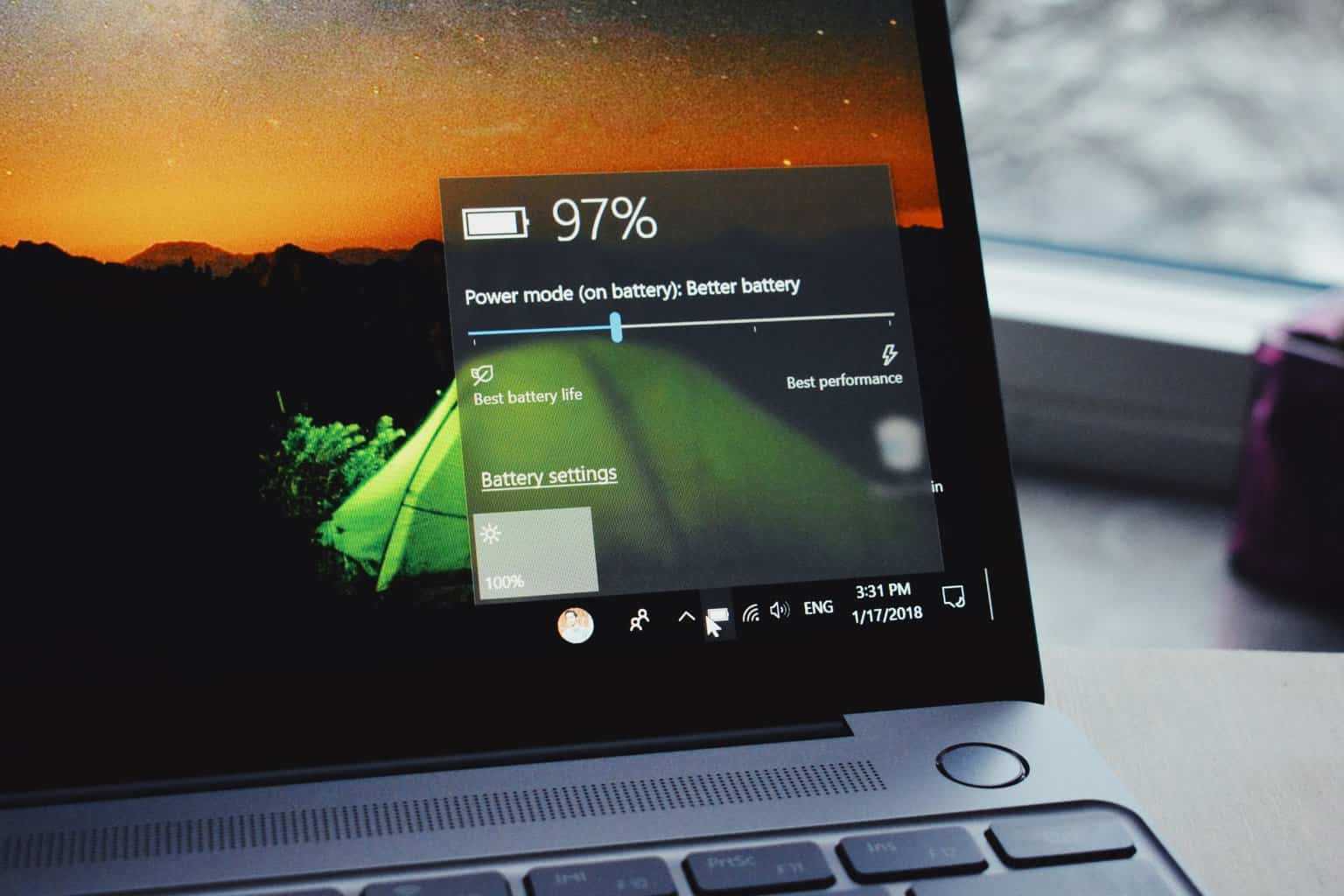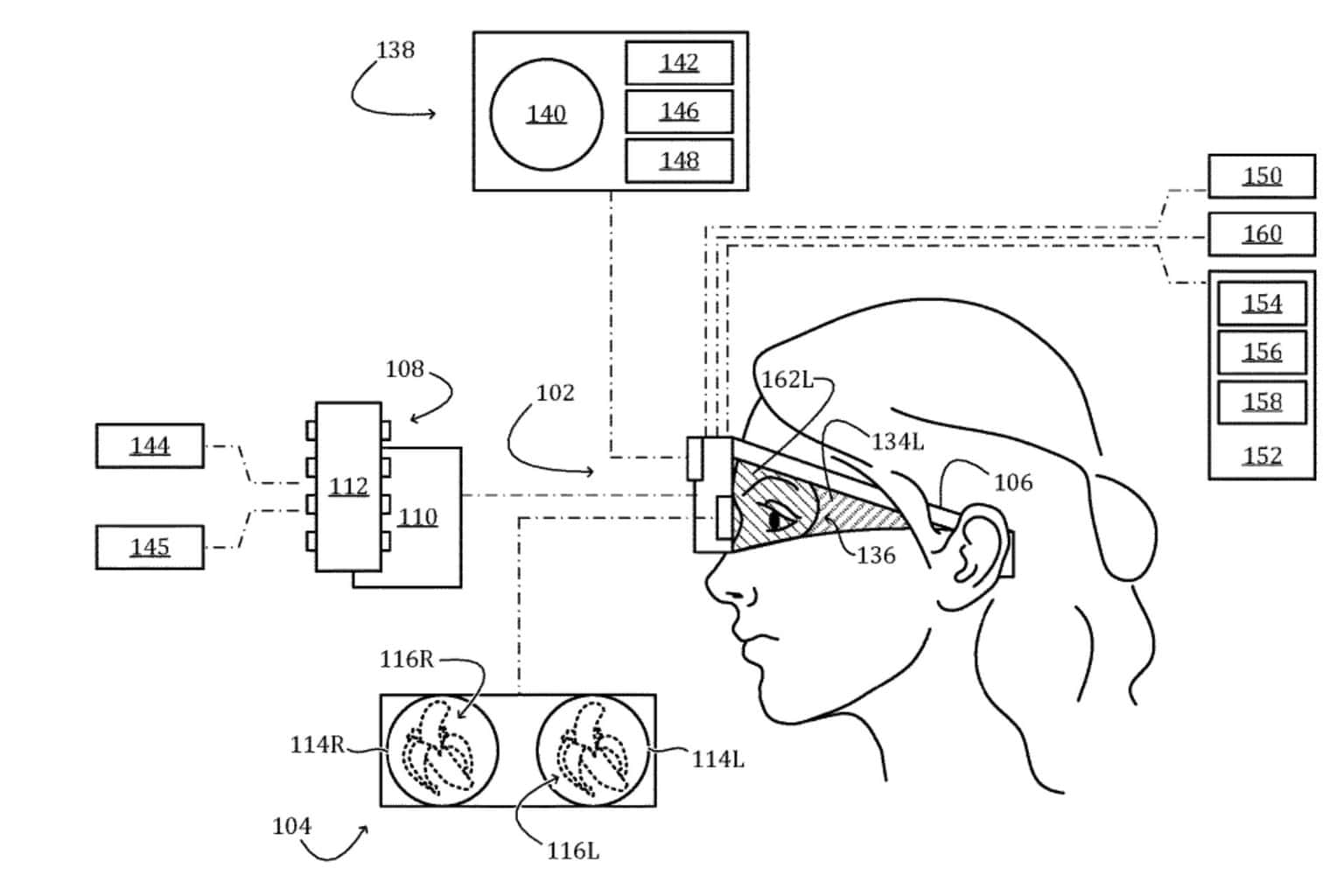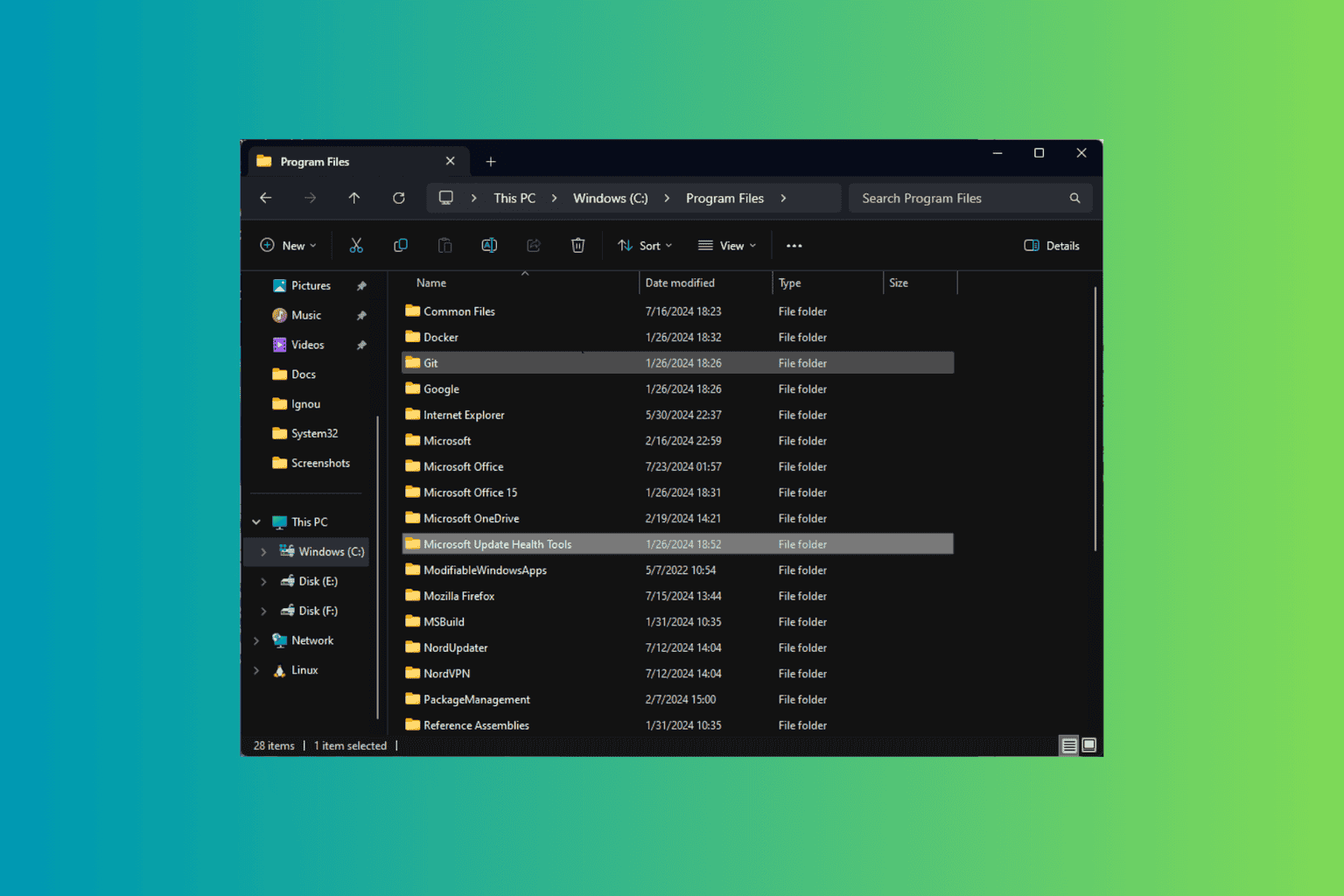Windows 10 is immune to the latest ransomware, Petya
2 min. read
Published on
Read our disclosure page to find out how can you help Windows Report sustain the editorial team Read more
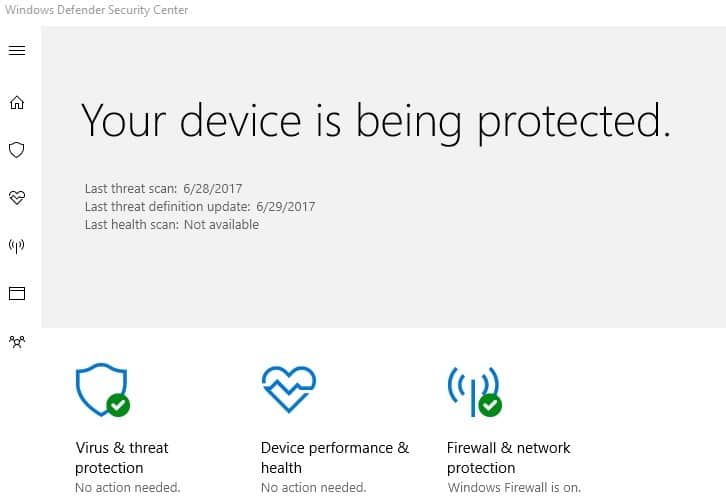
According to an in-depth analysis by Microsoft, it seems that most victims of Petya are running Windows 7.
Petya’s impact
The impact of the latest ransomware is definitely smaller than the one of WannaCry, the ransomware that infected hundreds of thousands of systems all over the world.
The cyber attack started in Ukraine with more than 70% of the infected systems located there. Petya is based on the same SMB vulnerability like WannaCry but has worm-like capabilities. The ransomware cannot affect Windows 10 systems and most victims were Windows 7 users. According to Microsoft’s reports, 20,000 devices were infected by it.
The difference between Petya and WannaCry is that the first one had more high-profile victims since it was aimed at businesses and organizations from Ukraine and the rest of Europe. The attack also reached the US, but infections were quite limited there.
Ransomware keeps improving
Even if Petya was not as successful as its predecessor, it shows that ransomware is improving. For instance, the last version of Petya is more complex than original one and has improved on WannaCrypt’s manner of spreading by using a second exploit and by adding more propagation techniques. This ransomeware puts a higher risk on networks that have infected machines and also has more potential to cause damage.
In order to remain protected against Petya and all new modern ransomware, users are advised to update to Windows 10 and run the latest patches with the most recent virus definitions for Windows Defender. This way, they’ll have more chances for staying protected.
Microsoft patched the SMB vulnerability in March, therefore, users must have their systems upgraded to protect them from all kinds of new attacks.
RELATED STORIES TO CHECK OUT:

